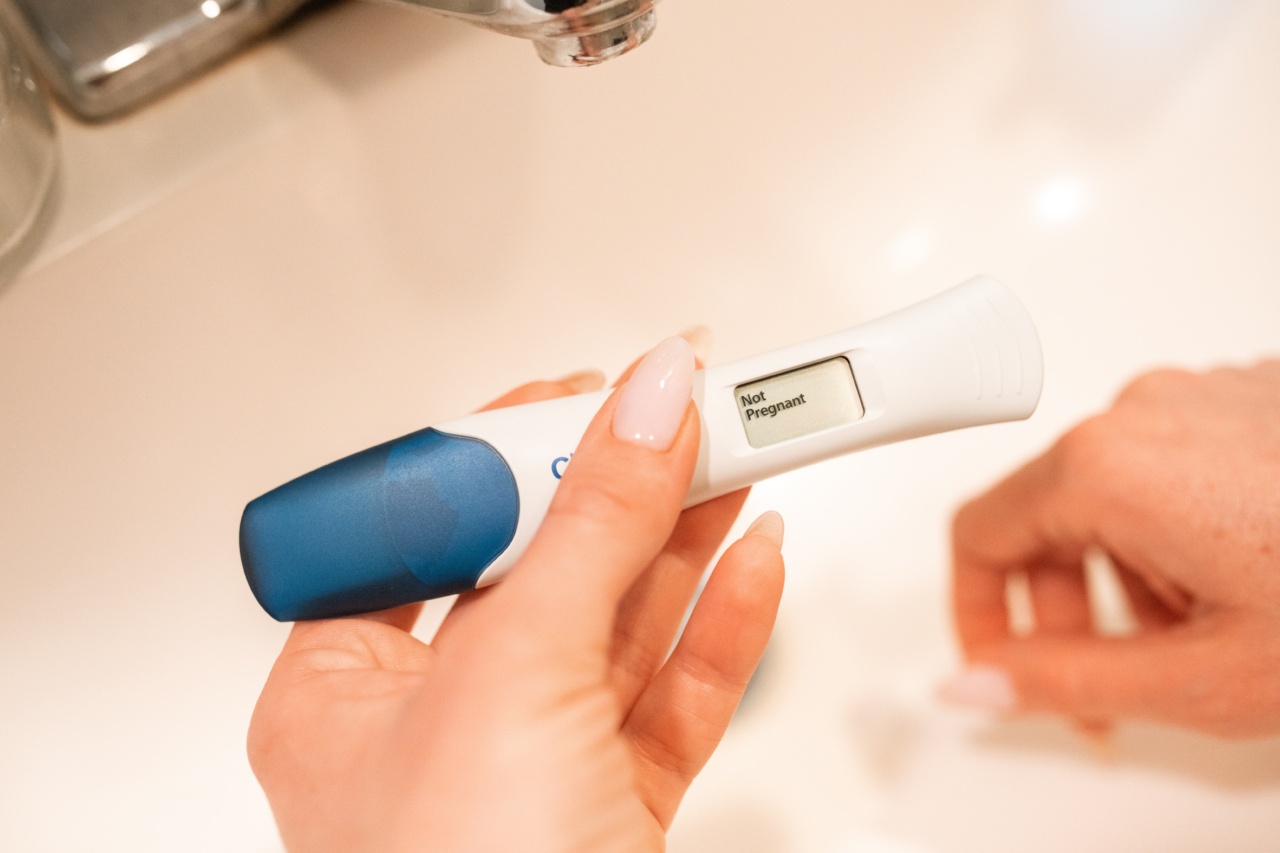High blood pressure or hypertension is a common health condition. It can lead to serious health problems such as heart attack, stroke, and kidney failure if left untreated.
There are many factors that can contribute to high blood pressure, including genetics, lifestyle, and medications. Some medications can actually increase your blood pressure. In this article, we will take a look at these medications and what you can do about their effects.
1. Non-steroidal anti-inflammatory drugs (NSAIDs)
NSAIDs such as ibuprofen, aspirin, and naproxen are commonly used to relieve pain and inflammation. However, they can also increase blood pressure by constricting blood vessels.
This effect can be more pronounced in people who already have high blood pressure and those who take these medications regularly.
2. Decongestants
Decongestants such as pseudoephedrine and phenylephrine are often used to relieve nasal congestion due to allergies or a cold.
These drugs work by constricting blood vessels in the nasal passages, but they can also constrict blood vessels throughout the body, increasing blood pressure as a result. If you have high blood pressure, it is best to avoid these drugs or to use them only under the guidance of a healthcare professional.
3. Corticosteroids
Corticosteroids such as prednisone are often used to treat inflammation, allergies, and autoimmune disorders. However, these drugs can also increase blood pressure by causing sodium retention and fluid retention.
If you are taking corticosteroids, your healthcare provider may monitor your blood pressure closely and recommend lifestyle changes or additional medications to help control it.
4. Birth control pills
Birth control pills work by altering hormone levels in the body to prevent pregnancy. However, some types of birth control pills can increase blood pressure by causing fluid retention.
If you have high blood pressure, it is best to discuss birth control options with your healthcare provider and choose a method that does not increase your blood pressure.
5. Medications for asthma
Medications used to treat asthma, such as beta-agonists and theophylline, can increase blood pressure by stimulating the nervous system and causing the heart to beat faster.
If you have high blood pressure, it is important to discuss your asthma medications with your healthcare provider and develop a treatment plan that does not exacerbate your hypertension.
6. Immunosuppressant drugs
Immunosuppressant drugs such as cyclosporine and tacrolimus are often used to prevent rejection in transplant patients and to treat autoimmune disorders, but they can also increase blood pressure by causing sodium retention.
If you are taking these medications, your healthcare provider may monitor your blood pressure closely and recommend lifestyle changes or additional medications to help control it.
7. Anti-depressants
Anti-depressant medications such as venlafaxine and duloxetine can increase blood pressure by stimulating the nervous system and constricting blood vessels.
If you have high blood pressure, it is important to discuss your anti-depressant medications with your healthcare provider and develop a treatment plan that does not exacerbate your hypertension.
8. Steroids
Steroids such as dexamethasone and hydrocortisone can increase blood pressure by causing sodium retention and fluid retention.
If you are taking steroids for medical reasons, your healthcare provider may monitor your blood pressure closely and recommend lifestyle changes or additional medications to help control it.
9. Erythropoietin
Erythropoietin is a hormone that stimulates the production of red blood cells and is often used in the treatment of anemia. However, this medication can also increase blood pressure by thickening the blood and making it harder for the heart to pump.
If you are taking erythropoietin, your healthcare provider may monitor your blood pressure closely and recommend lifestyle changes or additional medications to help control it.
10. Anti-inflammatory medications for arthritis
Anti-inflammatory medications used to treat arthritis, such as COX-2 inhibitors and methotrexate, can increase blood pressure by constricting blood vessels.
If you have high blood pressure, it is important to discuss your arthritis medications with your healthcare provider and develop a treatment plan that does not exacerbate your hypertension.
If you are taking any of the medications listed above and have high blood pressure, it is important to discuss their effects with your healthcare provider and develop a treatment plan that addresses both your underlying condition and the medication’s impact on your blood pressure. Your provider may recommend lifestyle changes, such as diet and exercise, or medications to help control your blood pressure.





























